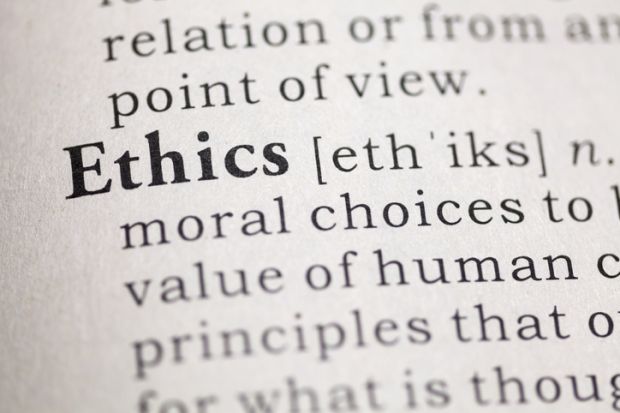Increased scrutiny of donations from wealthy Russia-linked tycoons is adding to calls for UK universities to be forced into greater transparency on foreign funding.
In the wake of Russia’s invasion of Ukraine, media reports have highlighted the University of Cambridge’s acceptance of £6 million in donations from Ukraine-born billionaire Dmitry Firtash, described by The Guardian as formerly “the Kremlin’s man in Ukraine”. His donations “permanently endowed Western Europe’s premier programme in the study of the culture and language of Ukraine” at Cambridge in 2010.
Reports have also focused on the University of Oxford’s acceptance of more than £3 million in donations from Vladimir Potanin, a billionaire described as a “crony” of Russian president Vladimir Putin.
That builds on existing concerns over UK universities’ links to autocratic regimes. In January, Conservative MP Jesse Norman tabled a new clause to the government’s free speech bill that would require universities to disclose any foreign gift or contract worth more than £50,000, by reporting these to the regulator and the government for inclusion on a public register.
John Heathershaw, professor of international relations at the University of Exeter, who has worked with Mr Norman on the plan, hoped the current situation would prompt universities to introduce more donations checks and processes, beyond just Russia.
“Transparency and accountability must be universal in scope,” said Professor Heathershaw.
He added: “Two issues that must be asked about any donation are what considerations the university makes of the sources of wealth and of the risk of reputation laundering.”
Joanna Motion, former vice-president (international) at the Council for Advancement and Support of Education (Case), said: “Latterly, particularly in London, Russian wealth has been very evident, which means that there will have been lots of conversations, particularly from universities in London but not only from there.”
A recent letter from Professor Heathershaw and other academics published in The Times urged the government to support the amendment on foreign donations – which education secretary Nadhim Zahawi had said in January he would be “looking carefully at”.
The 2011 Woolf review of the London School of Economics’ links to Libya’s Gaddafi regime said there should be an established scrutiny process for proposed donations.
But evidence submitted to Parliament in 2020 by Professor Heathershaw and colleagues said that only seven out of 17 Russell Group universities they assessed then had independent gift committees and published guidance used to assess donations – “instead, senior leaders and managers approve donations”.
Ms Motion, an associate partner at fundraising consultancy More Partnership, said the current crisis would “prompt self-examination and discussion” in universities on donations. She continued: “I don’t think everybody has got it right yet. But there certainly are many more ethics committees, many more gift acceptance processes going on to scrutinise and consider and look at the consequences [than before the Woolf review].”
She added: “I do worry about a tendency just to jump on ‘philanthropy is nasty’, as it were.”
Rhodri Davies, Pears fellow in the University of Kent’s Centre for Philanthropy, author of Public Good by Private Means: How Philanthropy Shapes Britain, said, “There are people who will always argue that as soon as you start being critical of philanthropy in any sense…it will be more difficult to fundraise.”
But, he continued: “It’s just as problematic, certainly for higher education institutions, not to grapple with concerns around sources of philanthropic wealth and tainted donations. Because in the long term, the damage that does to public trust in [universities] and the relationships they have with academics or students – you’ve got to balance that as a cost against the income you might make from taking the donation.”
Register to continue
Why register?
- Registration is free and only takes a moment
- Once registered, you can read 3 articles a month
- Sign up for our newsletter
Subscribe
Or subscribe for unlimited access to:
- Unlimited access to news, views, insights & reviews
- Digital editions
- Digital access to THE’s university and college rankings analysis
Already registered or a current subscriber? Login








